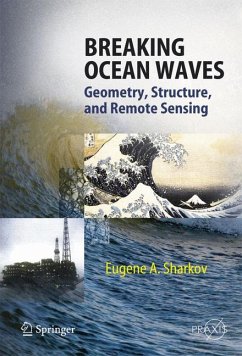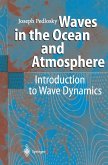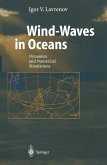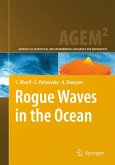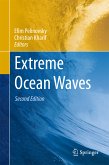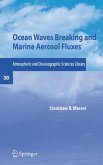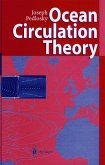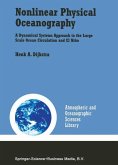The study of physical and electrodynamics' properties of the gravity wave breaking processes and the foam spatio-temporal activity is an important facet of satellite oceanography, ocean engineering, air-sea interaction and ocean remote sensing. In particular, the contribution of foam formations of various types to the mean and the spatio-temporal variations of radio emission, back-scattering, IR and optical parameters of the disturbed sea surface is highly significant. The statistical characteristics of wave breaking and attendant foam forming are very important to ocean wave dynamics. The study and measurement of spatio-temporal characteristics of wave breaking and sea foam formations are of fundamental importance in ocean remote sensing.
Much emphasis is placed on the physical aspects of breaking processes necessary to measure the possibilities and limitations of remote sensing methods in specific observation cases of an oceanic surface. Numerous practical applications and illustrations are provided from air-borne, ship-borne and laboratory up-to-date experiments.
Dieser Download kann aus rechtlichen Gründen nur mit Rechnungsadresse in A, B, BG, CY, CZ, D, DK, EW, E, FIN, F, GR, HR, H, IRL, I, LT, L, LR, M, NL, PL, P, R, S, SLO, SK ausgeliefert werden.

